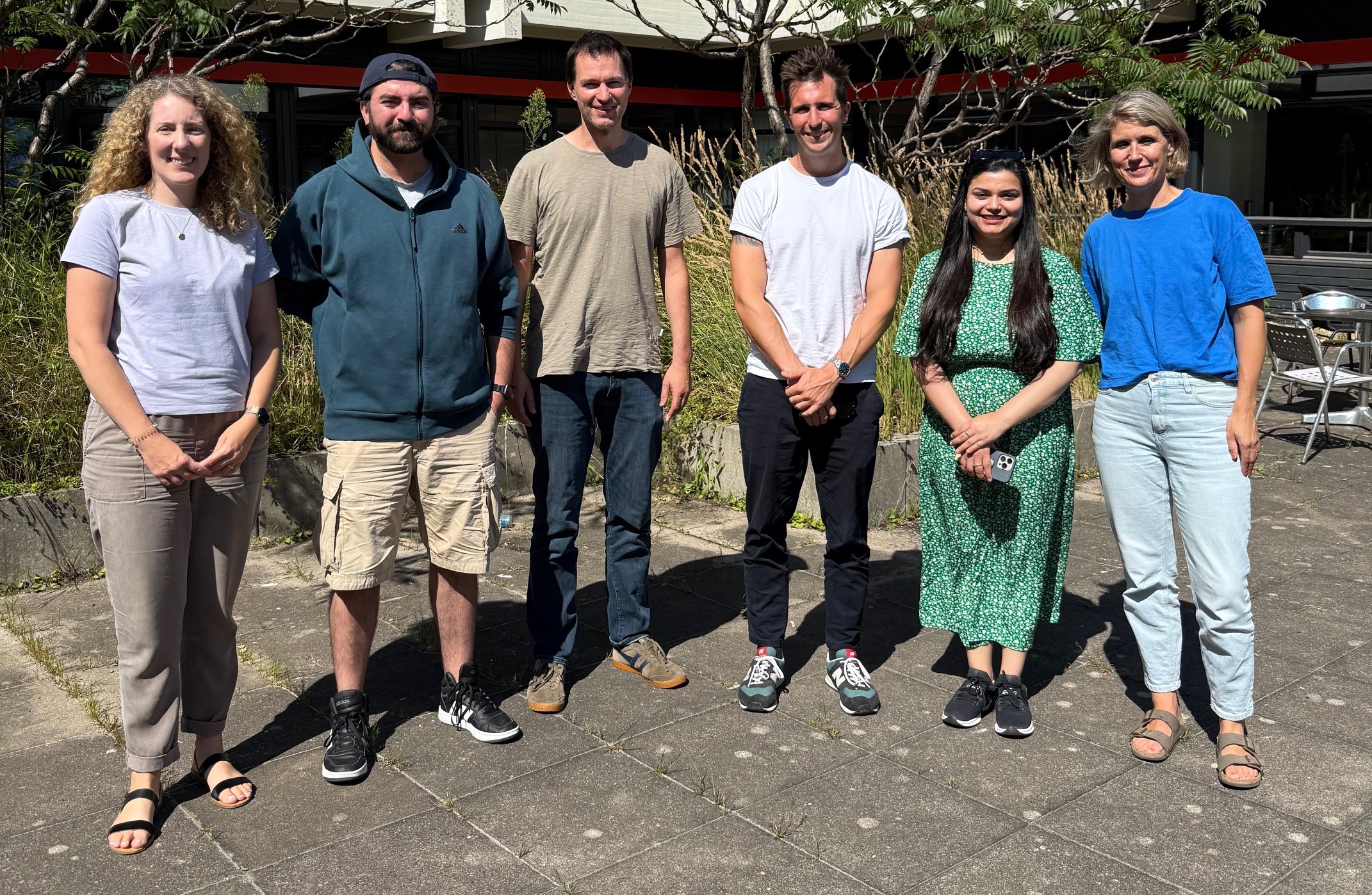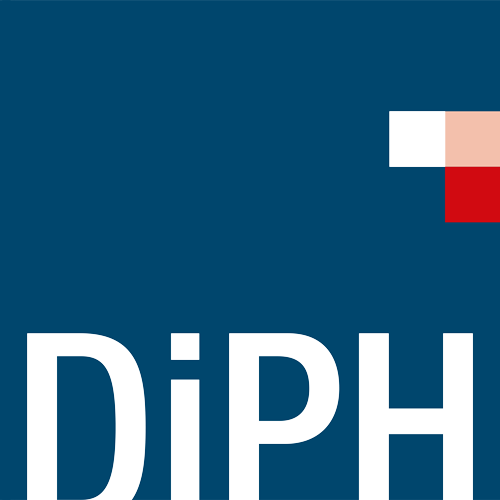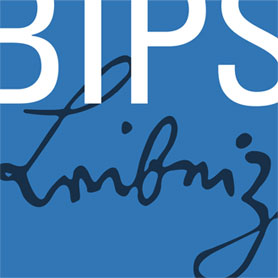Social Media Effectiveness in Health Promotion and Prevention: A Delphi Study in Europe
Goal of the study
Social media platforms like YouTube, TikTok, Instagram, and X are a central part of daily life for millions across Europe. The numbers say it all: user rates range from 71% in Italy to 83% in Spain, with Germany at 78%. In public health and health research, social media has become an indispensable tool. Institutions and research organizations use it to share findings, recruit study participants, or deliver prevention messages as part of broader health campaigns. At the same time, individual creators and influencers use their platforms to spread personal health insights, shape opinions, and promote products.
Despite the huge reach and growing importance of social media, there are still no clear, widely accepted standards for measuring its success — especially when it comes to health promotion and prevention. The only known model for evaluating social media success in this context, developed by Neiger et al., dates back to 2012 and is now outdated.
Our study aims to close this gap. Through a modified Delphi survey involving leading public health experts and social media influencers from across Europe, we seek to identify relevant, practical, and meaningful success indicators for social media activities focused on prevention and health promotion. That is why we need your help!
Meet our team

Contact
For questions or concerns about the study, please contact:
PD Dr. Tilman Brand
Leibniz Institute for Prevention Research and Epidemiology – BIPS
Department of Prevention and Evaluation
Phone: +49 (0)421 218 56917
E-Mail: brand@leibniz-bips.de
Ethical aspects
Participation in this study is completely voluntary and can be withdrawn at any time without giving reasons or facing any disadvantages. All participants have provided informed consent, and no individuals incapable of giving consent will be included. Personal data will be used solely for study communication and will be deleted at the earliest possible stage. There are no known risks associated with taking part.
Background
Many public health institutions and research organizations use social media to disseminate results, recruit study participants, or provide prevention messages. In addition, influencers distribute their own health knowledge, attitudes, or products via social media. However, hardly any established standards can assess and evaluate the success of social media activities for prevention and health promotion.
Purpose of the study
This study aims to identify relevant and available success indicators for social media activities for prevention and health promotion in an expert consensus process.
Study lead
This study is being conducted by the Leibniz Institute for Prevention Research and Epidemiology – BIPS under the lead of PD Dr. Tilman Brand.
Study procedure
If you agree to participate in the study, you will participate in 1-2 survey rounds using the Delphi method with approximately 40 other European social media experts. The survey rounds are anonymous and take place online via LimeSurvey. Each survey round takes about 10 minutes. At the beginning of each survey round, we will ask you a few details about your person (i.e., country, professional role, years of experience in public health/health promotion/social media, primary area of expertise, social media platforms used). We will then ask you to assess a pre-defined list of success indicators of social media activities for prevention and health promotion. You are invited to add important indicators to you that are missing from the list. In addition, we will ask you to participate in an online group discussion via Zoom with five to eleven other European social media experts. The online group discussion will last approximately 60 minutes and be recorded using a recording device.
Data collection and confidentiality
Your personal information will be kept strictly confidential. All information about your participation in this study will be used exclusively for scientific purposes and following EU general Data Protection Regulation. To be able to contact you, we have stored a list with your contact details (your name and your email address) in a protected folder at BIPS. This list is not connected to any answers that you provide during the Delphi rounds and will be deleted by 31.12.2025.
The online surveys (Delphi rounds 1 and 2) are anonymous, i.e., it is impossible to trace whether a person who has been contacted has taken part in the survey. The online survey(s) data is stored on BIPS servers. The analysis data set is stored in a digital project folder that can only be accessed by members of the BIPS study team. The data set is stored for 10 years after completion of the study and then deleted (31.12.2035).
To participate in the online group discussion, all participants sign a digital non-disclosure agreement, in which they undertake to treat all statements made by persons participating in the online group discussion round as strictly confidential. The digitally signed non-disclosure agreement will be stored in the BIPS project folder and deleted at the end of the study (31.12.2025). The online group discussion will be recorded using a device not connected to the internet and then stored in the BIPS project folder. The audio recording of the online group discussion will be transcribed and deleted after the correction hearing (31.12.2025). During the transcription process, the content is anonymized. This means that all personally identifying information is deleted or changed so that it is impossible to assign the research data to a person. The anonymized transcript will be kept for 10 years after the end of the project for scientific review and then deleted (31.12.2035). Consequently, you can withdraw your consent after the online group discussion, but your contribution can no longer be deleted because it can no longer be assigned to you personally.
Risks and benefits
There are no risks for you, as you only participate in 1-2 two online survey rounds and possibly an online group discussion. By participating, you help us to identify relevant and available success indicators for social media activities for prevention and health promotion.
Voluntary participation
Participation in the study is entirely voluntary. You are not obliged to participate in the study and can refuse to answer specific questions. You can withdraw your participation anytime without giving reasons or incurring any disadvantages. On request, we will provide you with information about your existing contact data and correct or delete it or restrict its processing at your request. We also want to draw your attention to the statutory right to complain with a supervisory authority.
Contact
For questions or concerns about the study, please contact:
PD Dr. Tilman Brand
Leibniz Institute for Prevention Research and Epidemiology – BIPS
Department of Prevention and Evaluation
Phone: +49 (0)421 218 56917
E-Mail: brand@leibniz-bips.de
Download the study information






